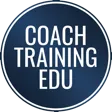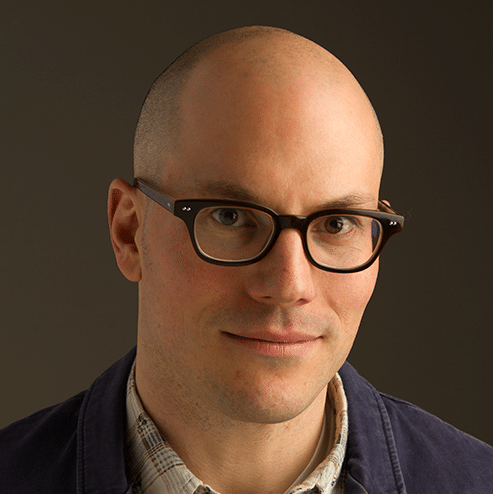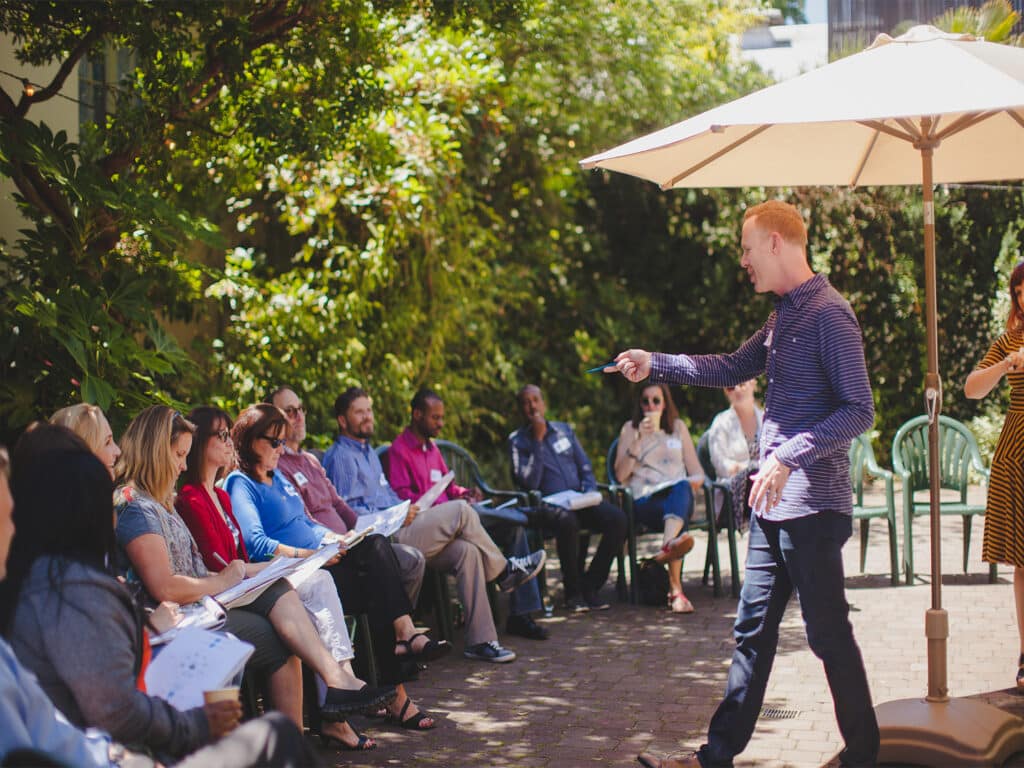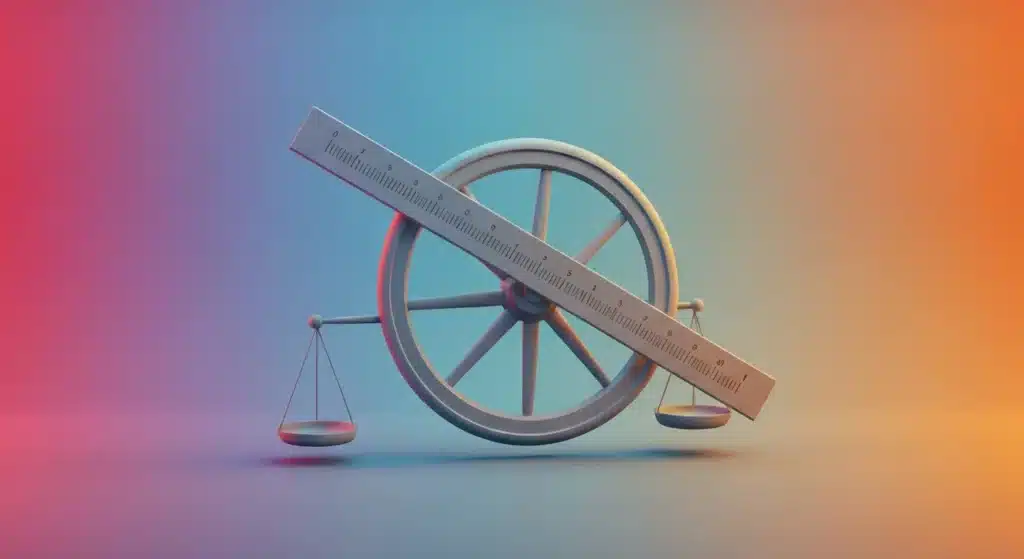Live Questions and Answers
Coaching to Flourish Live, Season 2, Episode 14, your hosts, Coach Training EDU™ co-founder John Andrew Williams and CTEDU Director of Curriculum and Content Britt Fulmer, discuss coaching the client versus the problem, insights as catalysts for change and action, and what causes us to become stuck and how to overcome those feelings.
https://youtu.be/gFuruTk_G8w
Great Takeaways/Sidebars:
- Discuss coaching the client versus coaching the problem.
- Explore the notion that we can’t solve a problem with the same kind of thinking that created it.
- Using insights as the catalyst for action.
- How perception shifts can help people become unstuck.
Quotes to Ponder
On coaching the client versus coaching the problem:”I’m not saying that looking at a problem or trying to problem solve is not useful. It’s just that when you’re looking at a problem, and you’re coaching someone from an empowerment basis, and you start trying to problem solve or offer advice or add your own expertise or ideas about things, from a coaching standpoint, you start breaking down that empowerment base, the meta-message is, if a coach does that by offering advice, you [the client] don’t have the internal resources or the resources yourself to solve it, and that breaks the coaching process down.” – John (2:35)
“It’s a leap of faith often for the coach and the client to say we’re not going to try and solve this problem right away or at all. We’re going to try to get curious about it and see what insights come up about myself, what strengths I have, what’s my inner world like, how am I grappling with this thing – those insights are so valuable, wildly valuable. The premise of coaching is that those insights you gain are going to be more valuable than if the problem were simply solved. It’s not comfortable, and it’s not easy.” – John (3:20)
“It’s being with the problem but not having the same habitual reaction to it instead of judging yourself and the situation and feeling bad and going into that tailspin, which is natural. Instead of doing that, what a coach can do is help a client be with a challenging situation without these habitual ideas, or mental and emotional swirl. Calm it all down, be with, get curious, and usually something comes out of it. Some insight comes out of it, and that insight will start to unravel the problem in an unexpected way.” – John (4:20)
“When you coach the problem, the external circumstances become the most important thing. When you’re in a coaching session, and you’re focused on the client, the tension shifts where you’re using those external circumstances as a stressor to make other things show up that might not have otherwise shown up. You make cracks. Weaknesses show up in starker relief. Even strength shows up in starker relief. The pressure helps you see things that you can improve more clearly. When you start asking how this problem is showing me my strengths and weakness now, you’re looking at your being again. That’s coaching the client. We’re not ignoring the problem but using the problem to bring out those characteristics in starker relief so that we can coach around them, gather insight, and then reapply it [the insight] to the problem.” – John (10:18)
“The solution to get out of our own self is not universal. We each have to find that answer for ourselves. Coaching is a pathway to do that, but we each have to do that internal work ourselves.” – John (24:08)
“You know when you’re in there and working with a client, and you have this feeling that ‘I was born to do this work’, that’s when you know you’re on the path.” – John (25:39)




